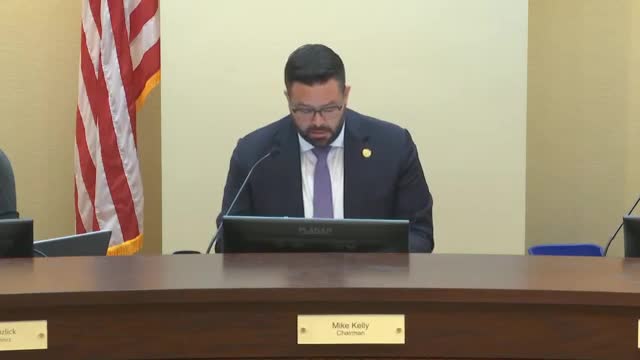Article not found
This article is no longer available. But don't worry—we've gathered other articles that discuss the same topic.
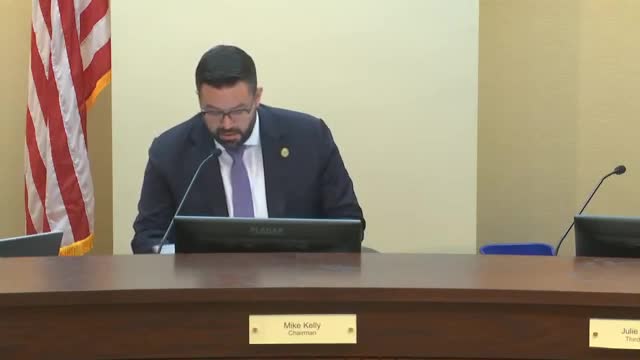
Johnson County proclaims April Fair Housing Month, schedules landlord and tenant forums
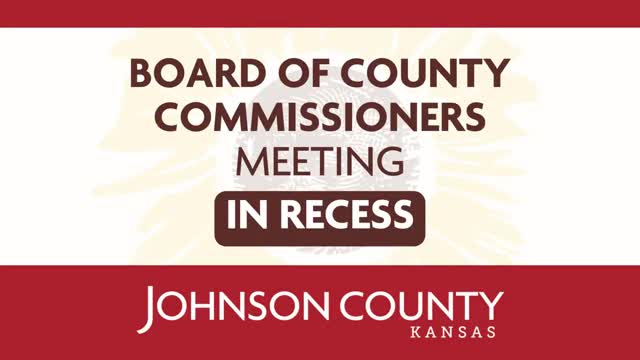
County audit urges Medicaid data-sharing to boost WIC participation; health department begins coordination
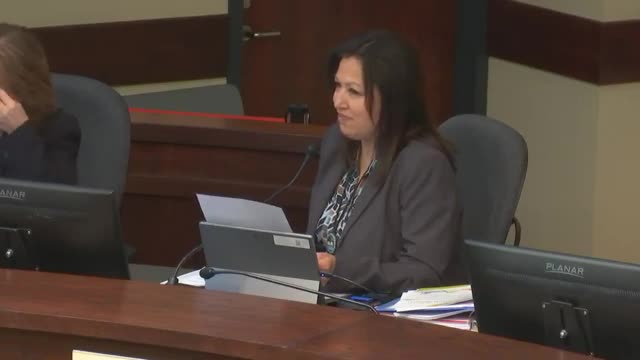
County reports 23% per-square-foot energy reduction since 2015; staff eyes solar expansion
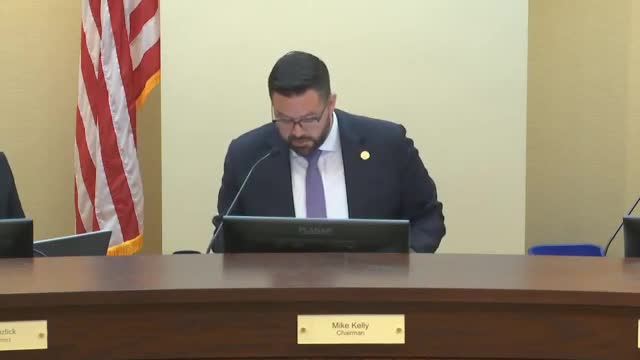
Housing services reports growth in home-repair work, vouchers; highlights family self-sufficiency successes
